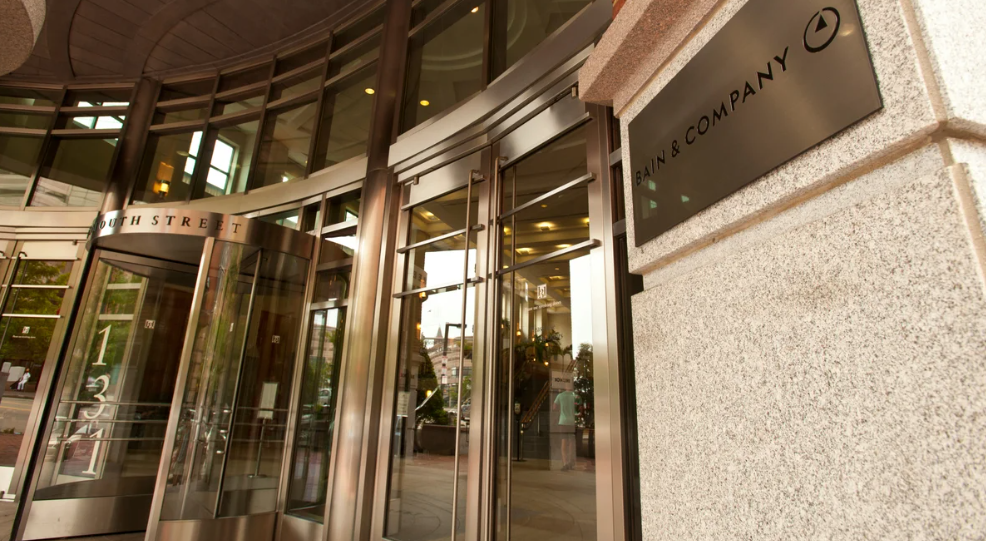Business
Bain & Co. Attempts a Comeback in South Africa Amid Scandal Fallout

Bain & Co., the global consultancy firm banned from South African government contracts for a decade due to its involvement in a corruption scandal, is making a bold attempt to rebuild its reputation. The company is working pro bono on a private project for the Energy Council South Africa, which includes industry heavyweights like Sasol, Anglo American, Shell, and TotalEnergies.
This marks Bain’s first notable move since being blacklisted by the South African government in 2022. The ban followed findings from the judicial commission on state capture, which implicated Bain in the controversial restructuring of the South African Revenue Service (SARS). The fallout included the ousting of senior staff and a significant weakening of SARS’s investigative capabilities.
A Controversial Choice
Bain’s involvement with the Energy Council raised eyebrows. CEO James Mackay acknowledged the scrutiny, saying, “It was quite an exhaustive process, there was some head-scratching. They have a real intent to build public trust, which is the right thing to do.”
In an October 14 letter to council members, Mackay explained that Bain was chosen because it was the only consultancy willing to work for free. He added that the council conducted due diligence and considered the firm’s efforts to address its past actions before making the appointment. Bain, however, is excluded from any direct engagement with the government as part of the council’s operations.
Efforts to Rebuild Trust
Bain has taken steps to repair its image, including issuing a public apology in 2022, when the company’s local head stated, “We are ashamed of our role.” Despite these efforts, critics remain skeptical. Ismail Momoniat, then-acting director general of South Africa’s National Treasury, referred to Bain’s actions as “treason” and called for its blacklisting.
The company resigned from Business Leadership South Africa, a prominent business lobby, under public pressure. Despite its tainted reputation, Bain continues to work with South African companies, signaling its desire to contribute to the local economy.
Bain’s story mirrors the scandals involving other major consultancies during South Africa’s era of state capture. For instance, McKinsey & Co. recently agreed to pay over $122 million to resolve corruption allegations tied to Transnet, the state-owned ports and rail operator. McKinsey has also faced backlash over its involvement with Eskom and South African Airways, returning fees earned during controversial contracts.
These scandals have sparked calls for tighter scrutiny of multinational consultancies operating in South Africa. The Black Business Council has urged for a broader ban on firms implicated in state capture, including Bain and McKinsey.
What’s Next for Bain in South Africa?
While Bain’s pro-bono work with the Energy Council might be a step toward rebuilding its reputation, the road to redemption is far from straightforward. The South African Treasury remains unaware of Bain’s recent activities, and skepticism persists among government officials and the public alike.
Bain’s exclusion from direct government interactions suggests an understanding of the delicate balance it must maintain as it seeks to prove its commitment to ethical business practices.
Bain & Co.’s efforts to re-enter South Africa’s business ecosystem come with significant challenges. The company’s involvement with the Energy Council South Africa is a calculated move to demonstrate accountability and rebuild trust. However, its past actions and the broader context of state capture scandals continue to cast a long shadow.
Whether Bain can truly restore its reputation in South Africa remains to be seen. For now, its actions will be closely scrutinized as the country grapples with the fallout from years of corruption and corporate complicity.
Follow Joburg ETC on Facebook, Twitter , TikTok and Instagram
For more News in Johannesburg, visit joburgetc.com














